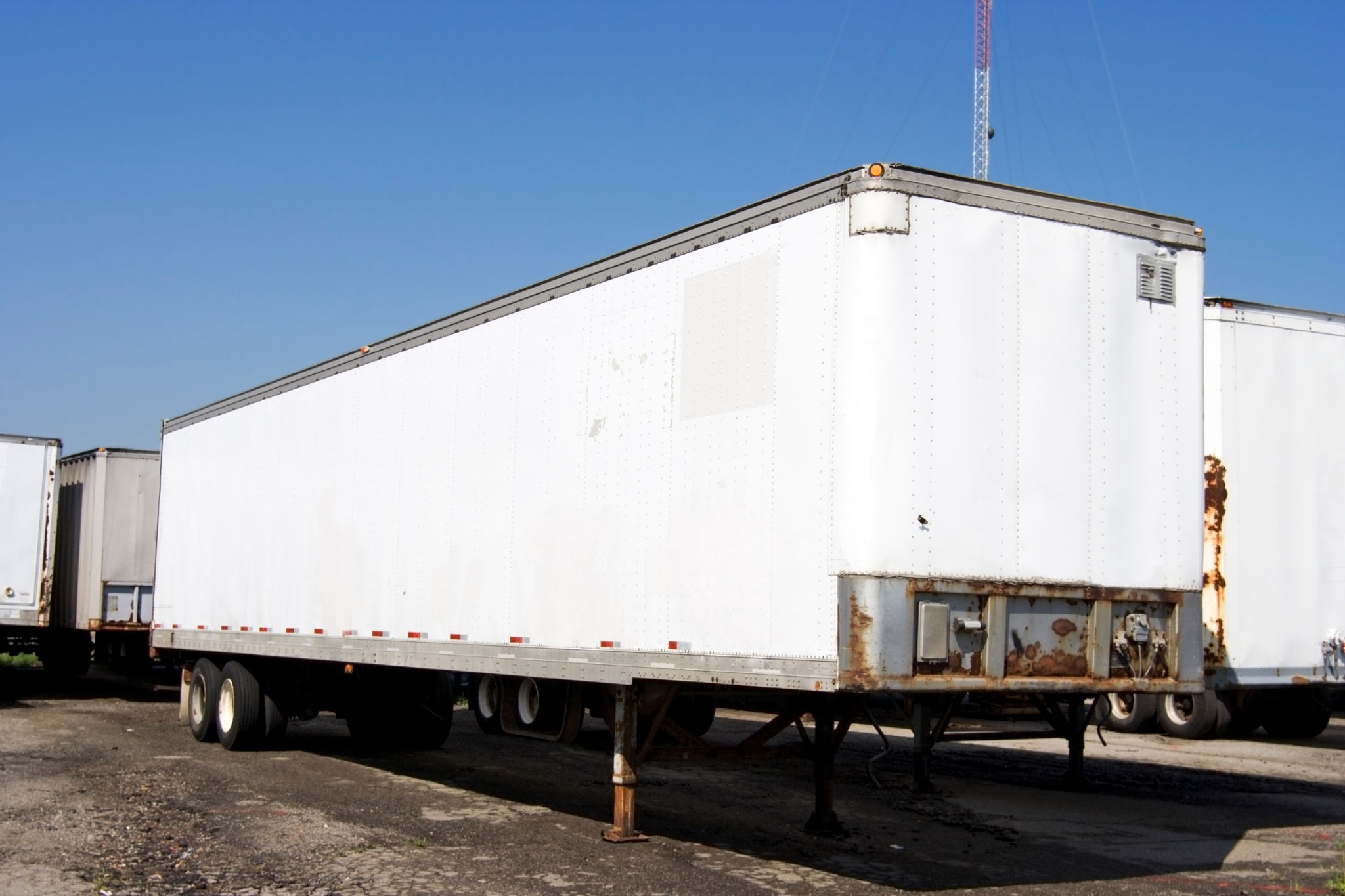Trailer Leasing vs. Buying: What Michigan Businesses Need to Know
When it comes to managing logistics and transportation needs, Michigan businesses often face the decision of whether to lease or buy trailers. Each option has its own set of advantages and drawbacks, impacting both operational flexibility and financial health. Understanding these factors is essential to making an informed decision.

Initial Costs and Financial Considerations
One of the most apparent differences between leasing and buying a trailer is the initial cost. Leasing typically requires a lower upfront investment, making it an attractive option for businesses with limited capital or those aiming to preserve cash flow. Monthly lease payments are generally predictable, allowing for easier budgeting.
Conversely, buying a trailer involves a significant upfront expenditure. However, it can be a long-term investment that may offer future financial benefits, such as depreciation tax deductions. Businesses must weigh these financial implications carefully, considering their current financial situation and future projections.
Maintenance and Compliance
Another crucial aspect to consider is maintenance. When you lease a trailer, the leasing company often covers maintenance and repair costs. This is ideal for businesses that prefer to focus on core operations without the hassle of ongoing upkeep.
Buying a trailer, on the other hand, places the responsibility of maintenance and compliance squarely on the business. This can be both a benefit and a burden, as it allows for more control over the condition of the trailer but also requires resources to manage repairs and ensure compliance with regulations.

Flexibility and Fleet Management
Leasing provides a high degree of flexibility, allowing businesses to adjust their fleet size according to demand. This can be particularly beneficial for seasonal operations or industries with fluctuating needs. Leasing agreements often offer options to upgrade or exchange trailers as business requirements evolve.
While buying may limit this flexibility, it offers stability and ownership that can be a strategic asset. Businesses owning their trailers have the freedom to customize them according to specific needs, enhancing operational efficiency and branding opportunities.
Resale Value and Long-term Considerations
For businesses considering the long-term, resale value is another important factor. Purchased trailers can be sold once they are no longer needed, potentially recouping some of the initial investment. However, the resale market can be unpredictable, and depreciation must be factored into the decision.

Leasing eliminates concerns about depreciation and resale, as trailers are simply returned at the end of the lease term. This can simplify fleet management and reduce long-term financial risks.
Making the Right Choice for Your Business
Ultimately, the decision between leasing and buying a trailer depends on specific business needs, financial health, and strategic goals. Companies must evaluate their priorities, such as flexibility, control, and budget constraints, to determine the best fit.
Consulting with financial advisors or logistics experts can provide valuable insights, ensuring a decision that aligns with both current needs and future growth ambitions.